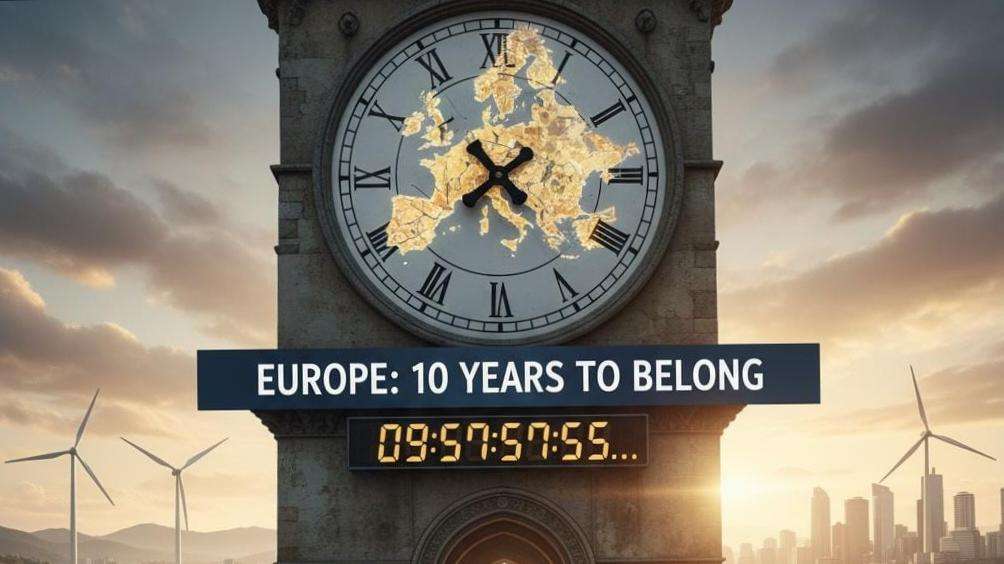In a significant shift in European immigration policy, the Netherlands has announced plans to double the continuous residency requirement for immigrants seeking citizenship through naturalisation, moving the period from five years to ten years. This move, unveiled by the caretaker government, mirrors similar proposals in the United Kingdom, which plans to extend the minimum time for migrants to qualify for Indefinite Leave to Remain (ILR)—a prerequisite for citizenship—from five to ten years.
The Dutch Stance: A Decade for 'Durable Connection'
The proposal in the Netherlands, championed by State Secretary Arno Rutte, mandates that a foreigner must have a decade of uninterrupted residence and be considered "fully integrated" before applying for Dutch citizenship. This extension is designed to ensure applicants forge a "stronger bond with our Kingdom" and are "truly well-integrated and can fully participate in society."
The existing requirements—including passing a civic integration exam, demonstrating a basic level of Dutch language (reading, writing, and speaking), and signing a declaration upholding Dutch laws—will remain in place. The draft legislation has entered a two-month consultation period. However, its future is uncertain as the Netherlands heads toward a snap election following the collapse of the four-party coalition, triggered by anti-migrant leader Geert Wilders' withdrawal over frustrations with slow immigration policy implementation.
UK's 'Earned Settlement' Model
Across the North Sea, the UK’s Home Secretary, Shabana Mahmood, has detailed a comparable overhaul of the settlement system. Under the proposed changes, most migrants on a "route to settlement" will see the waiting period for Indefinite Leave to Remain (ILR)—permanent residency—increase from five years to ten years.
Crucially, the UK’s plan introduces a concept of "earned settlement". While the baseline will be ten years, there will be a shorter pathway for those who can demonstrate they have made "meaningful contributions" to the UK economy and society. Recent updates suggest the government is consulting on requiring evidence of "truly giving back to the community," potentially through volunteering for charitable causes, to qualify for settlement. The consultation is expected to shape the final details, including which categories of migrants will be affected and whether the changes will apply retrospectively to those already in the UK. Unlike the Netherlands, the UK's proposal specifically concerns the path to permanent residency (ILR), which must be held before citizenship can be applied for (typically one year after ILR).
A Broader European Trend
These twin policy changes underscore a wider trend across Europe where mainstream political parties are tightening immigration and citizenship rules. Experts, such as Meghan Benton of the Migration Policy Institute Europe, note that policies in countries like Austria, Sweden, France, and Belgium are increasingly being formulated "in the shadow of the far-Right" as mainstream parties respond to electoral pressure by adopting more restrictive measures.
While countries like Germany have been making efforts to ease the path for skilled workers to address labour shortages, the overall political climate in many European nations is driving a push toward lengthier and more stringent integration requirements for long-term residency and citizenship. These policy shifts fundamentally redefine the contract between the state and the immigrant, emphasising time, integration, and community contribution as prerequisites for full national inclusion.







.svg)
